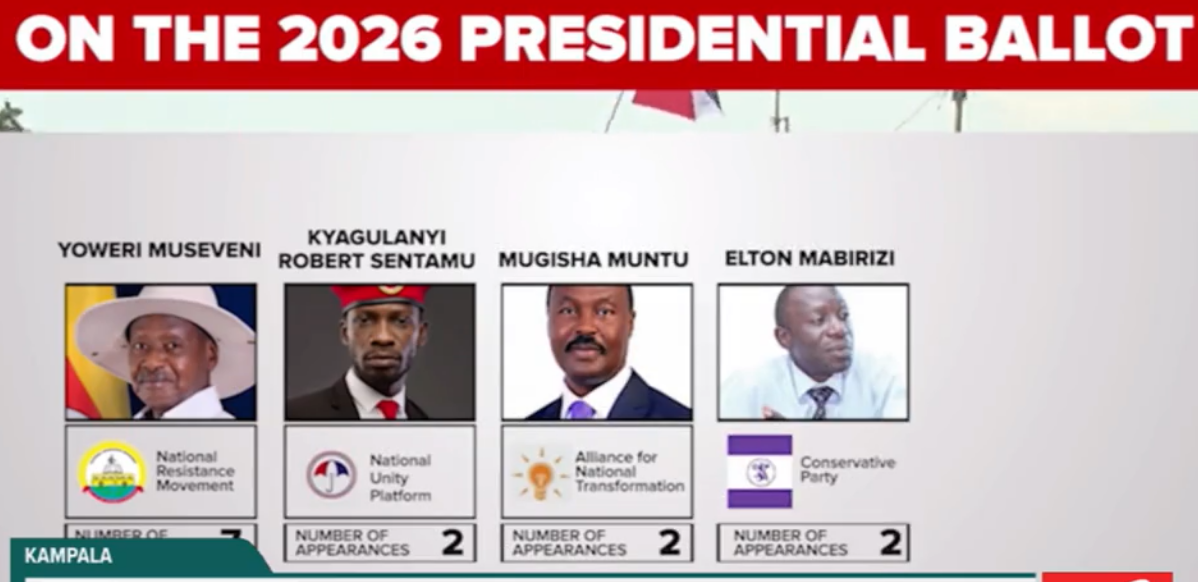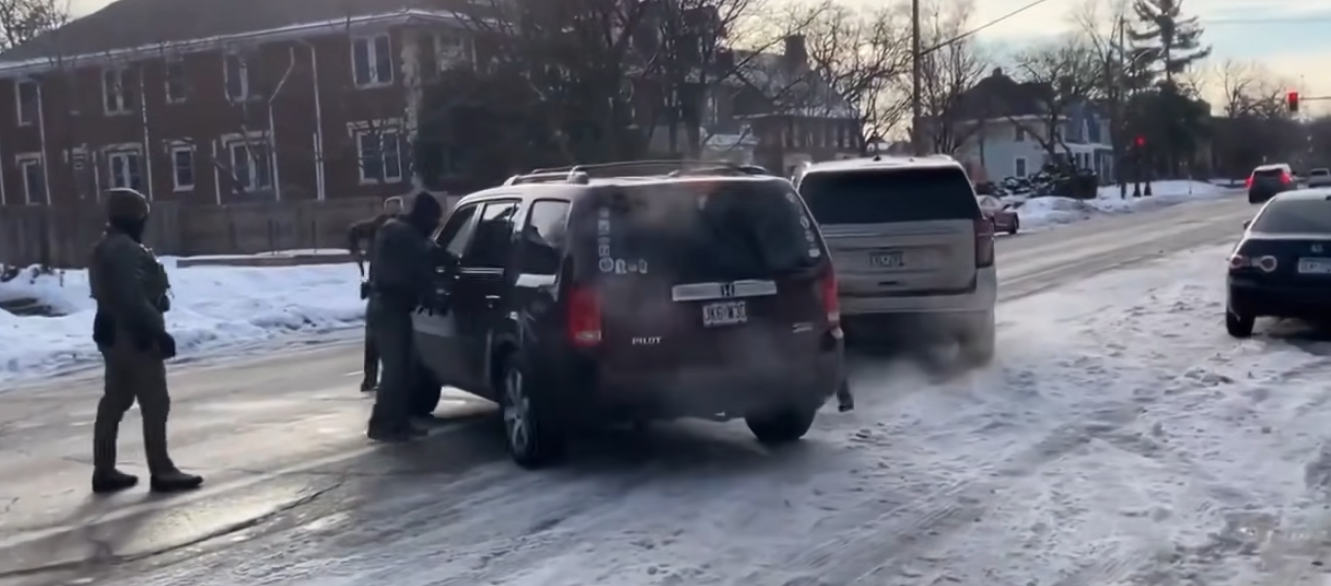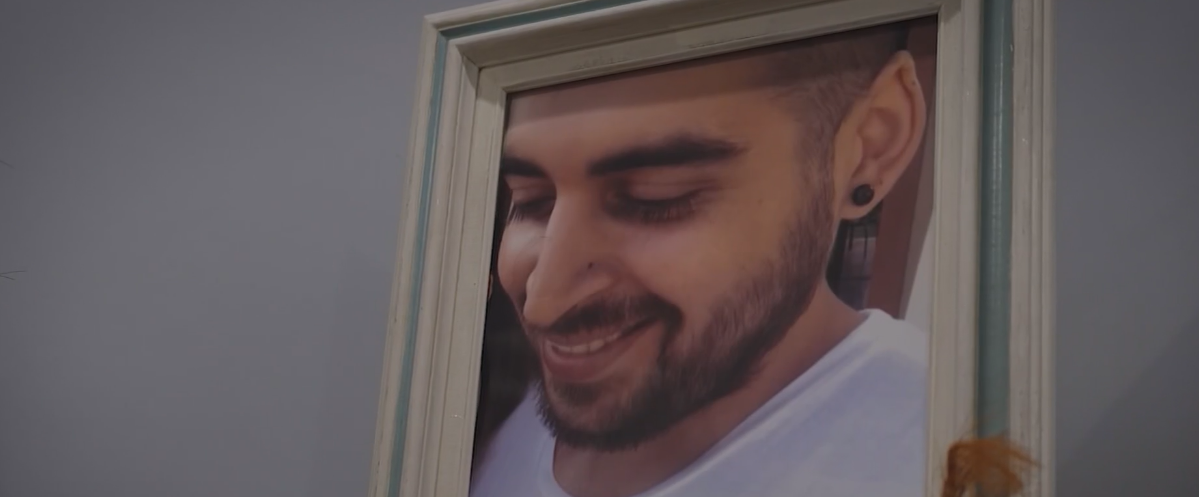[COVID-19\NY Primary\Absentee Voting]
Attorney General James is calling for all eligible New York voters to automatically be sent an absentee ballot for the April 28th election, including the Democratic party’s presidential primary.
Photo:
Attorney General James is pushing for voters to vote through absentee ballots in the upcoming New York Primary because of COVID-19.
New York Attorney General Letitia James today called on the State of New York to take steps to ensure eligible New York voters can take part in the scheduled April 28th Democratic presidential primary, as well as a handful of additional special elections around the state on that date, without risking the spread of the coronavirus disease 2019 (COVID-2019).
By utilizing existing state law and an executive order that will continue to temporarily suspend and modify state laws relating to the coronavirus emergency, Attorney General James is calling for a suspension of all in-person voting until further notice and, instead, to send every eligible voter an absentee ballot for the April 28, 2020, presidential primary and the five special elections scheduled on that date.
“Voters shouldn’t have to choose between their health and the right to cast a ballot,” said Attorney General James. “If we act now, we have more than a month before the presidential primary and numerous special elections across our state to take action and ensure every eligible New York voter receives an absentee ballot. Let’s make it easier for every voter to cast their vote without spreading the coronavirus and jeopardizing public health. Democracy should not be suspended if there is a safe alternative.”
In an effort to protect all New Yorkers from the spread of the coronavirus, Attorney General James is calling for all eligible New York voters to automatically be sent an absentee ballot for the April 28th election, including the Democratic party’s presidential primary, as well as special elections to fill seats in the 27th congressional district, the 50th senate district, the 12th assembly district, the 31st assembly district, and the 136th assembly district.
Attorney General James is not the only New York public official calling for the state to temporarily enact an automatic absentee voting system. Assembly Member Joseph Lentol (AD-50) this week announced that he would be introducing a bill in the legislature that would implement an automatic absentee voting system on an emergency basis for the April election, in an effort to stop the further spread of the coronavirus.
Currently, in New York, voters who wish to vote absentee must fill out a ‘New York State Absentee Ballot Application’ and indicate that they cannot vote in person — at the polls — on the day of an election for one of six reasons:
- Absent from one’s county or, if a resident of New York City, absent from said city, on Election Day;
- Temporary illness or physical disability;
- Permanent illness or physical disability;
- Duties related to primary care of one or more individuals who are ill or physically disabled;
- Resident or patient of a Veterans Health Administration Hospital; or
- Detention in a jail or prison, awaiting trial, awaiting action by a grand jury, or in prison for a conviction of a crime or offense which was not a felony.
While the threat of contracting COVID-19 is not an option on the statewide absentee ballot application, almost two weeks ago, the Erie County Board of Elections released a special absentee ballot application listing “public health emergency (COVID-19)” as an option for voting absentee in the special election to fill the open seat in the 27th congressional district.
Attorney General James’ call today for automatic absentee voting goes further than what some local municipalities have already done by ensuring that every eligible voter in the State of New York is automatically sent an absentee ballot for the upcoming election, instead of just giving them an option to vote by absentee ballot. Automatically sending out absentee ballots would not require the state to alter the statewide application by adding a “public health emergency” option, and would avoid the possibility of leaving polls open for voters to vote in person on Election Day — potentially further spreading the virus and risking public health.
Under Executive Order 202 — initially signed on March 7, 2020, which declared a ‘State of Emergency’ — the state can “temporarily suspend or modify any statute, local law, ordinance, order, rule, or regulation, or parts thereof, of any agency during a State disaster emergency, if compliance with such statute, local law, ordinance, order, rule, or regulation would prevent, hinder, or delay action necessary to cope with the disaster emergency or if necessary to assist or aid in coping with such disaster.” While the original State of Emergency is in effect until September 7, 2020, the temporary suspension of certain statutes, local laws, ordinances, orders, rules, or regulations, or parts thereof, can only last for 30 days, therefore requiring new executive orders to be signed at the appropriate time intervals.
Attorney General James is calling for a new executive order to be signed on March 29, 2020 — extending through April 28, 2020 — the suspension of certain election laws dictating that New Yorkers have to apply for an absentee ballot in an election for one of the above-mentioned reasons and that keeps polling locations open. The exponential rise and spread of coronavirus diagnoses is so grave that allowing normal voting practices to remain in place for the upcoming election would constitute a threat of public illness, sufficient to justify absentee voting, per the State of Emergency declaration.
Across the nation, there are currently 33 states that already offer absentee voting with no reason necessary — making New York an outlier for only allowing vote-by-mail or absentee voting under a narrow set of circumstances.
Further, making the change Attorney General James is calling for today would lessen the likely negative impact on turnout and on the health of voters and poll workers, and could avoid significant impact on America’s local, statewide, and national economies.







